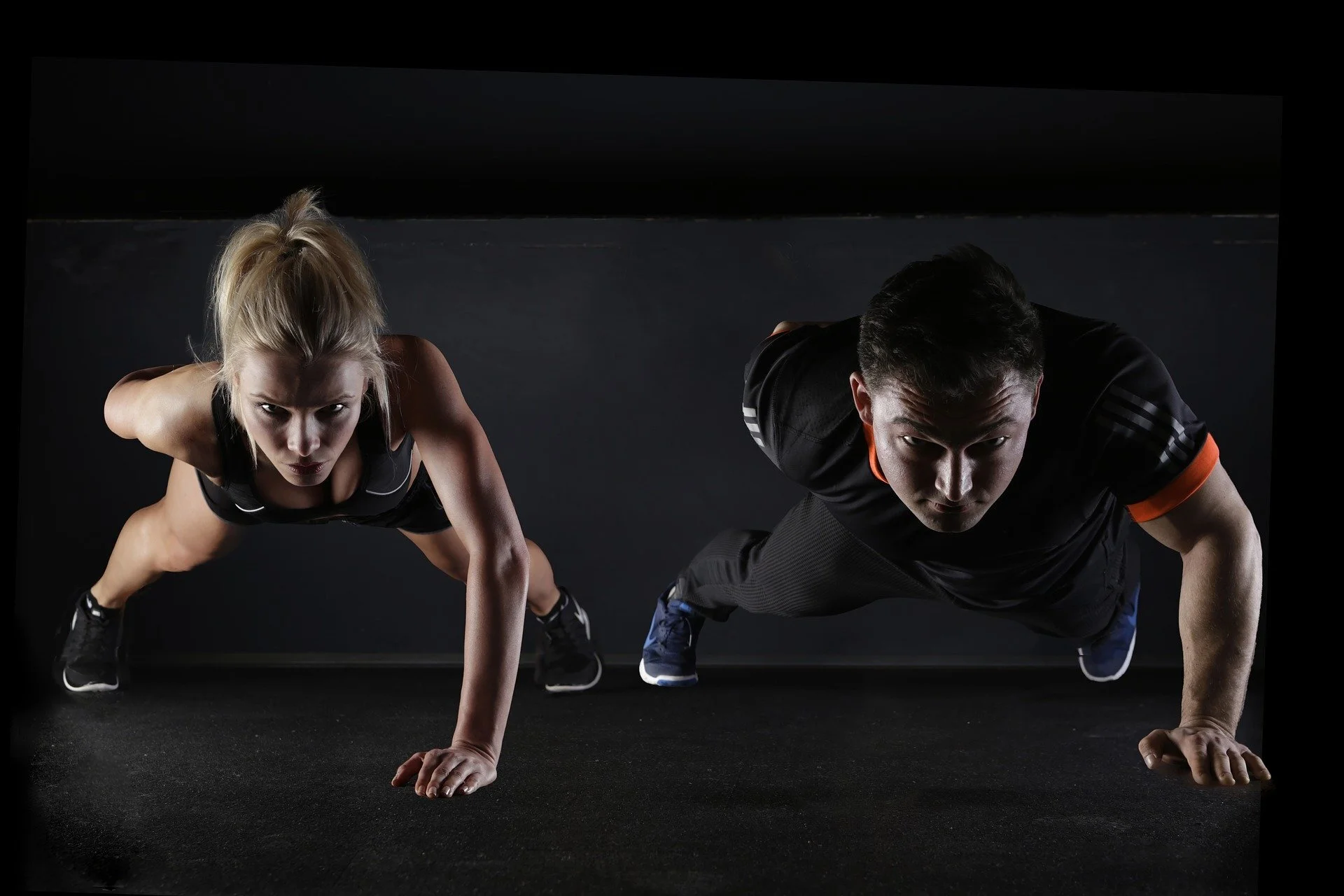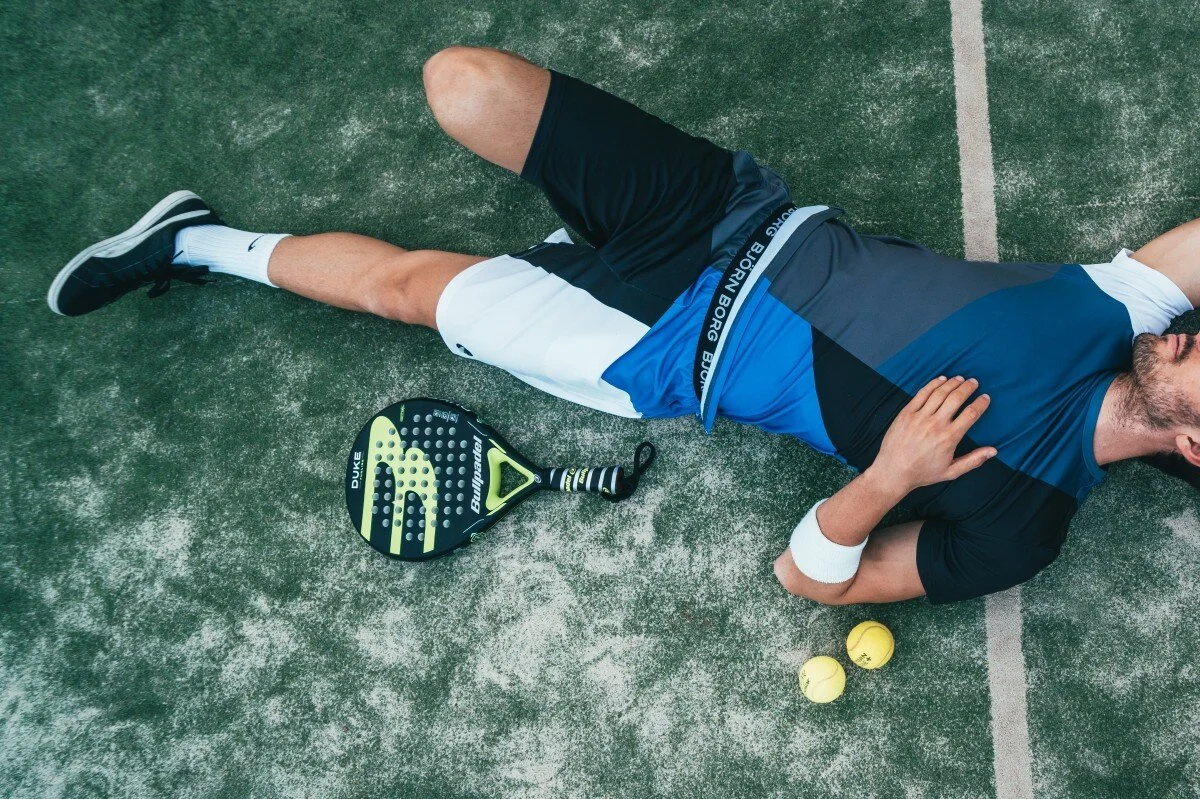How to Train Mental Toughness
Reading time: 2 minutes
What you’ll learn
The definition of mental toughness
The importance of confidence
How to build your mental skills
What separates an elite performer from an amateur?
Is it hours spent training? Money spent on the best equipment? Good luck in the gene pool?
Research suggests the answer has little to do with performance, and a lot more to do with perseverance.
What Is Mental Toughness?
In a 2002 study that asked Olympic and Commonwealth athletes to define mental toughness, they stated that it was to have an “edge” that allows athletes to cope with the demands of sports, both in and out of the competition. One of the key components identified in the definition of mental toughness was determined to be self-efficacy, what many of us would call confidence in ourselves.
The Importance of Confidence
If you’re reading this and thinking that you lack confidence, the good news is that it can be taught.
How can we harness the power of confidence to improve in our game?
We can begin by taking the moments that reduce our confidence - our failures - and use them as motivation to bounce back, which was the second most important aspect of mental toughness ranked by professional athletes.
Being mentally tough is knowing that you may not always win, but having the faith in yourself to keep pushing when you lose, and not taking your defeats as end-alls. The more failures you come back from, the more confident you will be.
Mental toughness may seem like something that is learned over time, but it appears that understanding its importance begins earlier than expected. One study asked young rugby players under 16 years of age what they thought were the most important characteristics for elite athletes to possess in their sport. The participants repeatedly answered mental toughness, which they chalked up to dealing with pressure and having confidence in yourself, or self-efficacy.
Making it happen
The youth group in the latter study were able to identify specific strategies they used to improve their mental qualities, some of which you can find more information about on other Kizo Performance blog posts. Individual strategies included visualization (find more HERE), goal setting, creating routines (find more HERE), and positive self talk. They also included the importance in team building exercises (find more HERE), a supportive coaching environment, and using reflection tools such as parent and coach reviews and video analysis.
Ultimately, your ability to improve in your game starts in your head. When you can persevere through failure and deal with pressure both on and off the court, you will be one step closer to going from amateur to elite.
Takeaways:
Both professional and youth athletes agree that to be mentally tough is to strive under pressure and have self confidence
We can create confidence by learning from our mistakes
There are many techniques we can use to hone our mental skills
Expertise has more to do with mindset than it does with performance
About the Author
Willa Hladun believes that every individual has the tools within them to excel at their craft. She wants to help others achieve their potential through mental training and understanding that the mind can be your biggest obstacle when starting a new path or reaching new heights. She has a BA in Psychology from the University of Victoria.




